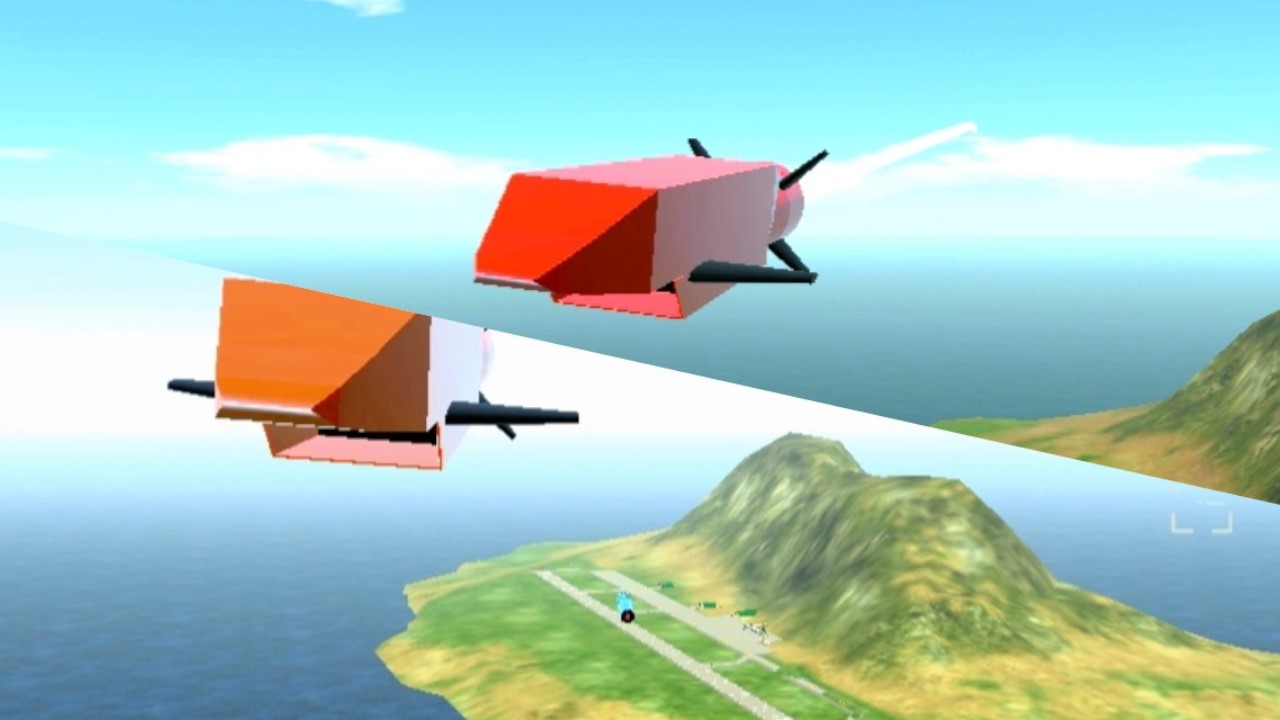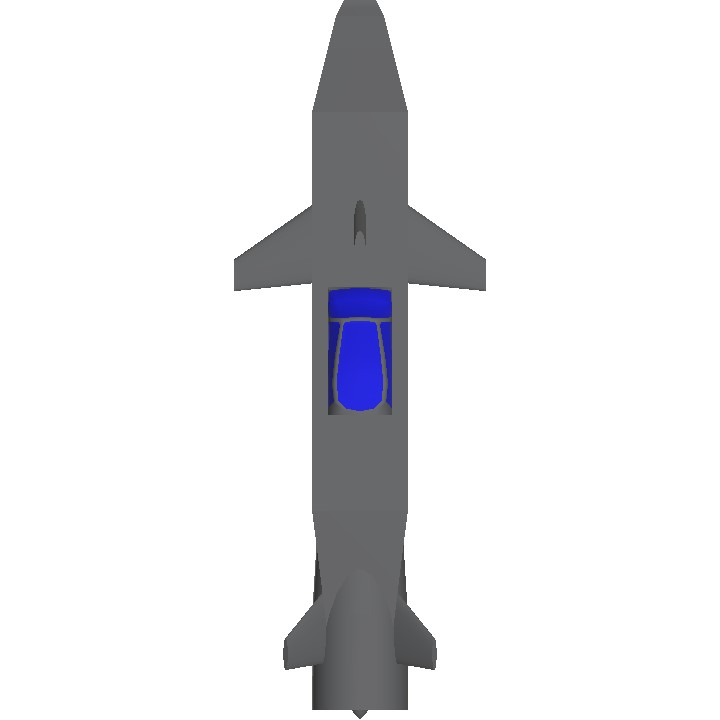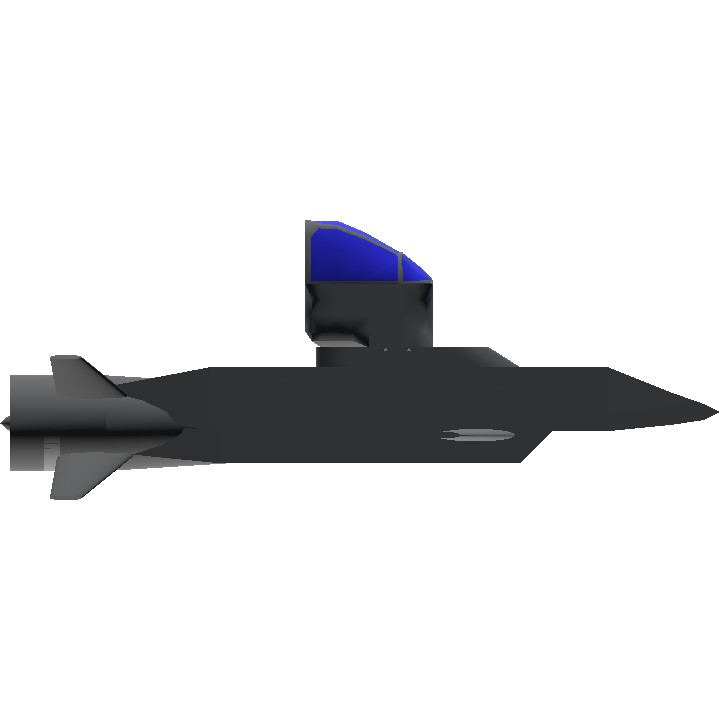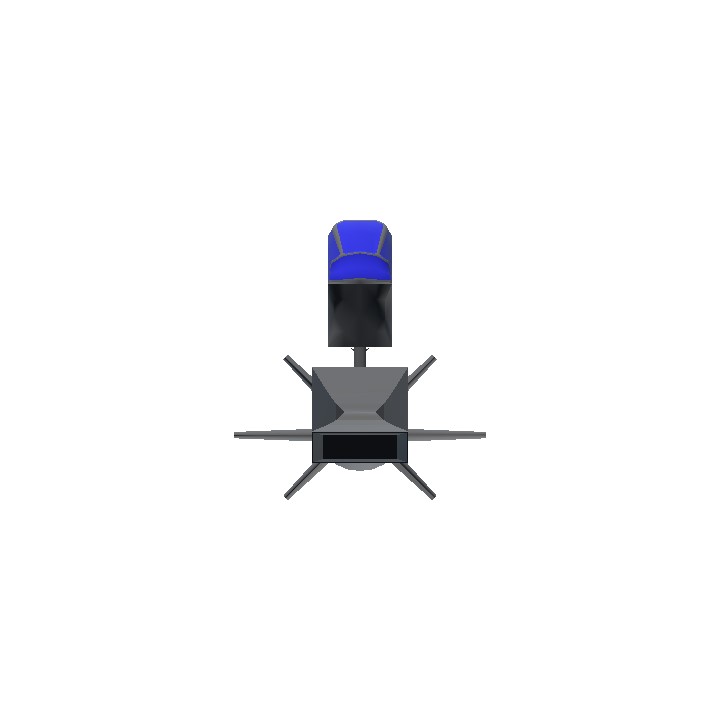The FC/ASW ("Future Cruise/Anti-Ship Weapon") or FMAN/FMC ("Futur missile anti-navire/Futur missile de croisière" in French) is a program launched by France and the United Kingdom to develop a missile system to replace their jointly-developed Storm Shadow/SCALP as well as their respective Exocet and Harpoon anti-ship missiles.[2][3] Equally funded by both countries, the project is led by European missile manufacturer MBDA and is a product of the close defence relationship set out between both nations by the Lancaster House treaties.
An artist's depiction of the Perseus hypersonic multi-role cruise missile concept study. Alongside it are its two effectors which have been released from the lateral bays of the parent missile.
Type
Multi-platform launched air-launched cruise missile
Submarine-launched cruise missile
Anti-ship missile
Land-attack missile
Hypersonic cruise missile
Place of origin
France/United Kingdom
Production history
Manufacturer
MBDA
Specifications
Mass
800kg
Length
5m
Warhead
A 200kg main warhead with an additional 2 x 40–50kg inertially guided effectors from lateral bays.
Engine
Ramjet motor.
Operational
range
300km class
Flight altitude
Two types of attack profile are envisioned: A high-altitude approach, or a sea-skimming low-altitude approach followed by a pop-up.
Maximum speed
Mach 5[1][N 1][dead link]
Guidance
system
A multimode active e-scan radar and a laser radar. Also features a semi-active laser guidance capability.
Launch
platform
Ship, submarine or aircraft.
Specifications
General Characteristics
- Created On Android
- Wingspan 6.5ft (2.0m)
- Length 18.5ft (5.6m)
- Height 7.2ft (2.2m)
- Empty Weight 4,488lbs (2,036kg)
- Loaded Weight 4,488lbs (2,036kg)
Performance
- Wing Loading N/A
- Wing Area 0.0ft2 (0.0m2)
- Drag Points 1194
Parts
- Number of Parts 32
- Control Surfaces 0
- Performance Cost 135





